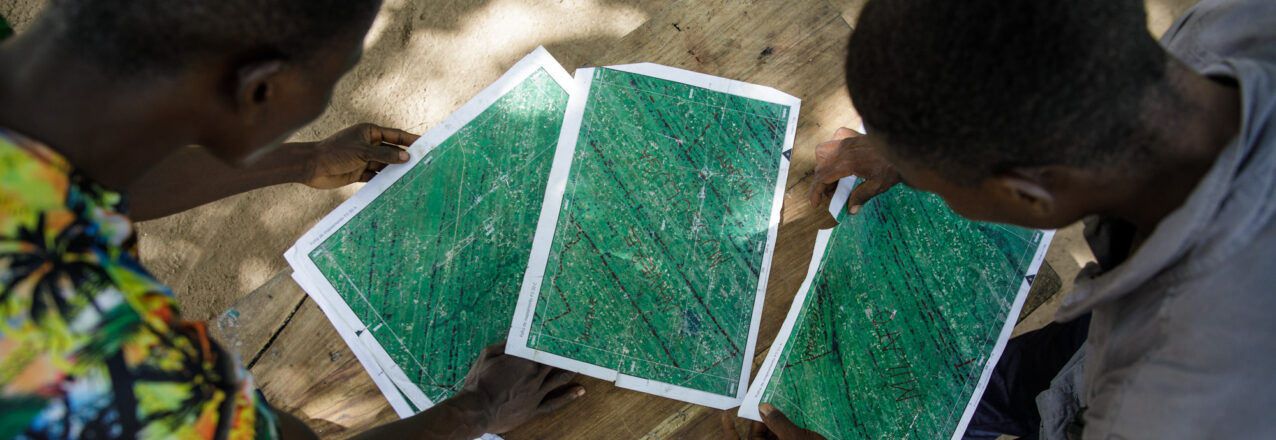Introduction
The purpose of the Integrated Land and Resource Governance II (ILRG II) Task Order is to provide support to the Land and Resource Governance Division in the Center for Natural Environment in the Bureau of Resilience, Environment and Food Security at the United States Agency for International Development (USAID) to develop, implement, assess, and evaluate interventions that secure land tenure and resource rights and strengthen land and resource governance systems. ILRG II will help identify constraints and barriers to secure land and resource governance to support multiple development objectives, including combating climate change, promoting food security, supporting biodiversity conservation, enabling gender equality, women’s empowerment, and social inclusion, engaging with the private sector, preventing, and mitigating conflict, supporting sustainable urbanization and enabling localization, among others. ILRG II will provide technical assistance services to strengthen and secure the land tenure and resource rights of women, men, Indigenous Peoples, local communities, youth, persons with disabilities, and other marginalized and underrepresented populations in USAID-presence countries. It aims to improve the LRG systems that are responsible for implementing these rights, as well as strengthen the capacity of stakeholders to better advocate for their own rights. It will support rigorous research and analysis to improve understanding of what works and does not work to achieve these outcomes, including the linkages between land and resource governance and other development outcomes. Through this work, USAID seeks to promote development of equitable and resilient societies where land and resource governance rights are respected and utilized to create broad-based growth for all.
To secure the land tenure and resource rights of local people and communities and strengthen land and resource governance systems, ILRG II seeks to achieve the following four objectives:
- Strengthen enabling environments to promote inclusive legal and policy frameworks for land and resource governance in formal and customary settings;
- Enhance the capacity of key stakeholders and partners in government, civil society, local communities and the private sector to implement inclusive land and resource governance laws and practices;
- Build innovative partnerships with the private sector that enable responsible land-based investing to promote resilience; and
- Support robust monitoring, evaluation, research and learning activities to improve land and resource governance programming.
Successful performance under ILRG II will require a flexible and responsive approach to program implementation that builds on lessons learned under past land and resource governance programs about how best to adjust to unanticipated events including, for example, changes in government priorities, a changing roster of partners, project staffing changes or exogenous shocks. An adaptive implementation and management approach will integrate lessons from past activities with those learned during the course of the contract in order to iterate and adjust activities to improve outcomes for local people and partners.
This Work Plan covers January– September 2024 and the following activities:
- Evaluation of the Indigenous Peoples Alliance for Rights and Development (IPARD);
- Green Cities/Adaptation, programming of funding to support peri-urban land tenure and revenue generation for service delivery;
- Environmental Defenders, programming of funding to support areas where risks to defenders overlap with land and resource rights issues;
- Women’s empowerment and sustainable agroforestry in the cocoa sector, advancing a partnership with ECOM Agroindustrial in Ghana and expansion to Cote d’Ivoire, as well as a potential activity on gender equality and inclusive agroforestry through the Gender Equity and Equality Action (GEEA) Incentive Fund (pending funding decision);
- Zambia Mission field support to deepen community based natural resource management (CBNRM) activities started under ILRG I; and
- Emerging activities that are under discussion and development with USAID.
Additional activities may be identified and developed by ILRG II in coordination with USAID, based on available funding and Mission field support.


